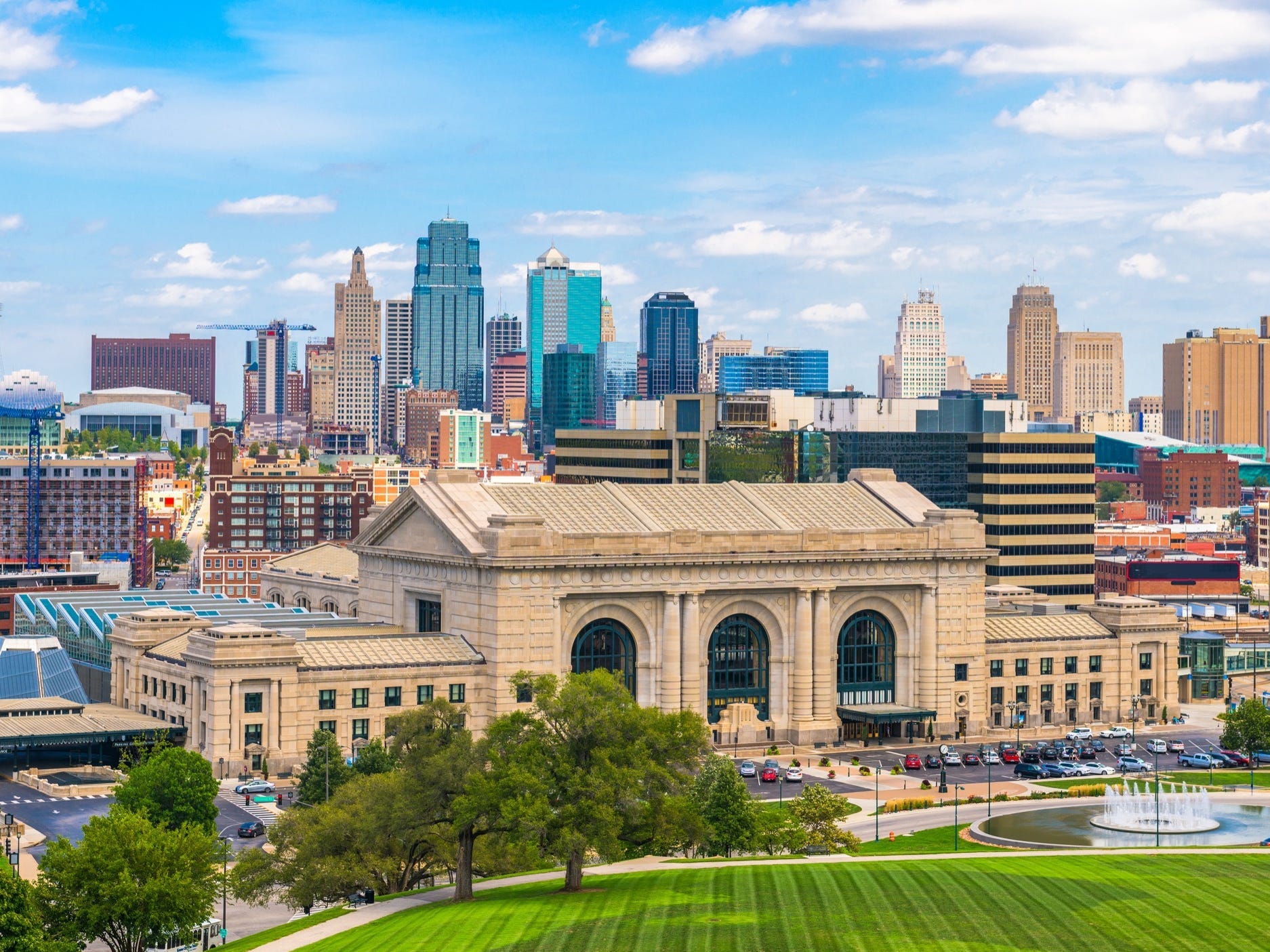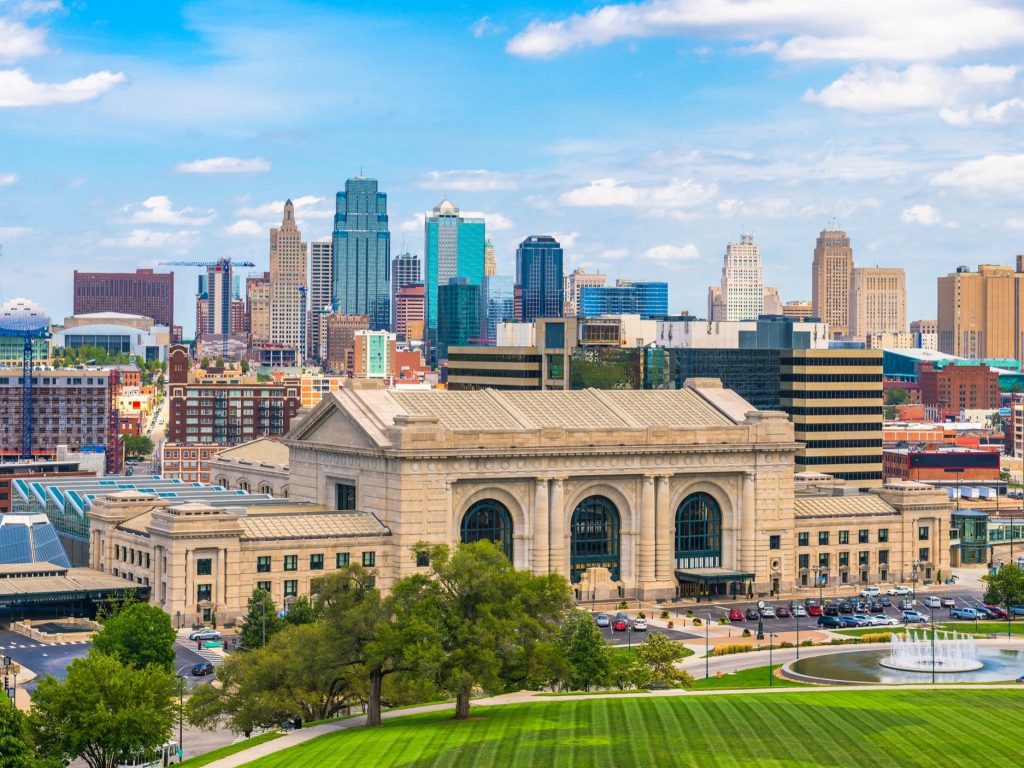
Shutterstock.com
- Unemployment is declining faster in states ending weekly $300 federal benefits, per the WSJ.
- Missouri ended enhanced federal benefits for unemployed state residents as of June 12.
- The state's unemployment rate sits below the national average, but many continue to struggle.
- Sign up for the 10 Things in Politics daily newsletter.
The number of Americans receiving unemployment benefits is declining at a faster rate in Missouri and 21 other US states that opted out of receiving enhanced federal payments this month, according to The Wall Street Journal.
Under the $1.9 trillion COVID-19 relief package that President Joe Biden signed into law in March, weekly federal pandemic compensation of $300 was added to state unemployment checks, with the benefits slated to expire in September.
Republican-led states recently moved to cut off the expanded unemployment aid, decrying its effect on job creators and alleging that the extra money keeps individuals from seeking millions of open jobs. Most Democratic-led states have embraced the aid, calling it a vital resource for the unemployed as the country continues to recover from the coronavirus pandemic.
GOP Gov. Mike Parson of Missouri said that federal benefits were gladly welcomed during the height of the pandemic, but with much the economy reopening, the continuation in payments "worsened the workforce issues" the state faced.
Amid concerns about a labor shortage, most GOP governors nixed what they saw as overly-generous federal aid.
In May, the Missouri's unemployment rate was 4.2%, below the national average of 5.8%, according to data from the Department of Labor.
Missouri ended enhanced federal benefits for unemployed state residents as of June 12, making it one of the first states to take the action.
Seven additional states followed suit for the week ending June 19, and this weekend, 10 additional states will end aid to unemployed residents.
By July 10, four more states will have cut off enhanced benefits.
The number of individuals who received unemployment benefits decline by 13.8% by the week ending June 12, compared to mid-May, in states where governors explicitly said that enhanced benefits would end in June, based on an analysis by Jefferies LLC economists.
This figure compares to a 10% decline in states that are ending benefits in July, and a smaller 5.7% decline in states that intend to keep the benefits until the funding ends in September.
Impacted individuals would lose the $300 federal funding, but will continue to receive state unemployment benefits.
Aneta Markowska, Jefferies' chief financial economist, told the Journal the result of states opting out of enhanced benefits was beginning to show.
"You're starting to see a response to these programs ending," she said, adding that "employers were having to compete with the government handing out money, and that makes it very hard to attract workers."
However, some economists and a wide swath of Democrats point to issues such as a lack of adequate child care, low hourly wages in some industries, and a continued trepidation over COVID-19 in explaining why many have not rejoined the workforce.
In Missouri, the state's workforce fared relatively well, with its unemployment rate peaking at 12.5% in April 2020, compared to the 14.8% national unemployment rate that month.
However, despite the less-than-dire outlook that comes from looking at the overall numbers, real people continue to struggle.
The Journal spoke with Davina Roberson, a 45-year-old Fenton, Mo., mother of two boys with special needs who was furloughed from her $26-an-hour position as a corporate travel agent last year.
While she continued to receive critical health benefits through her old employer, she would have to forgo the coverage if she took another role.
Roberson told the Journal that she has now sought help from food pantries and charities for clothing.
"It's not that I don't want to go back to work," Ms. Roberson told the Journal. "But if I took a minimum wage job, I'd be working for health insurance and child care and have nothing left to live on."
